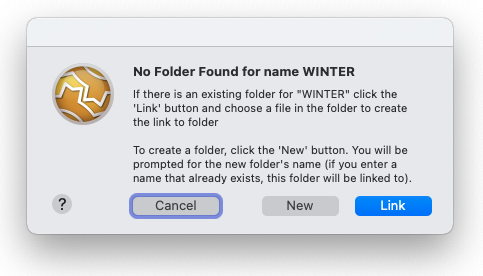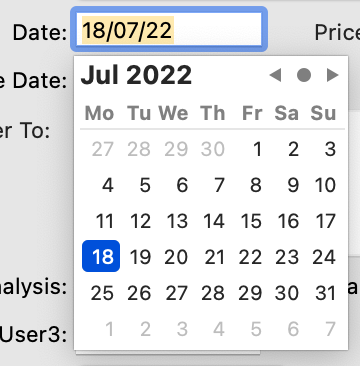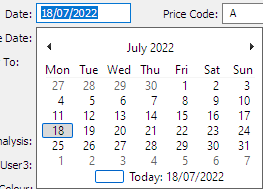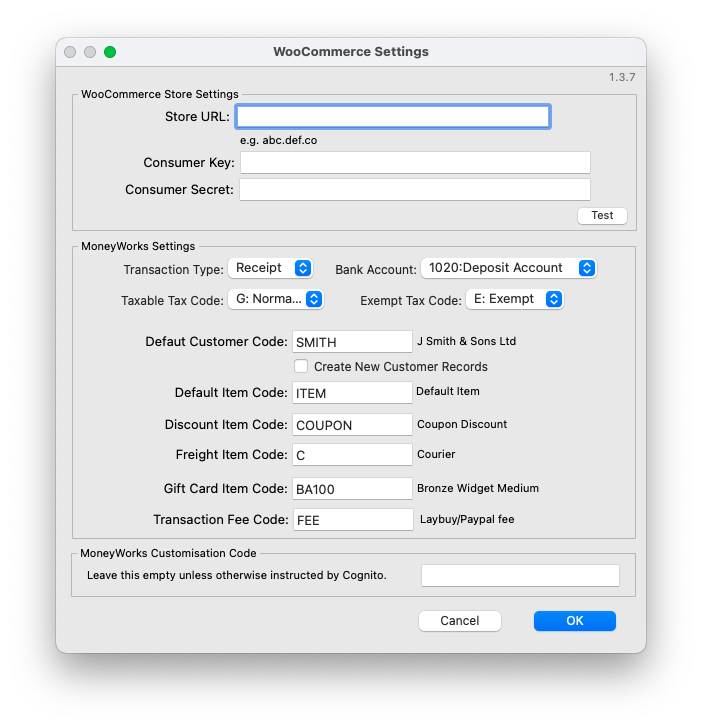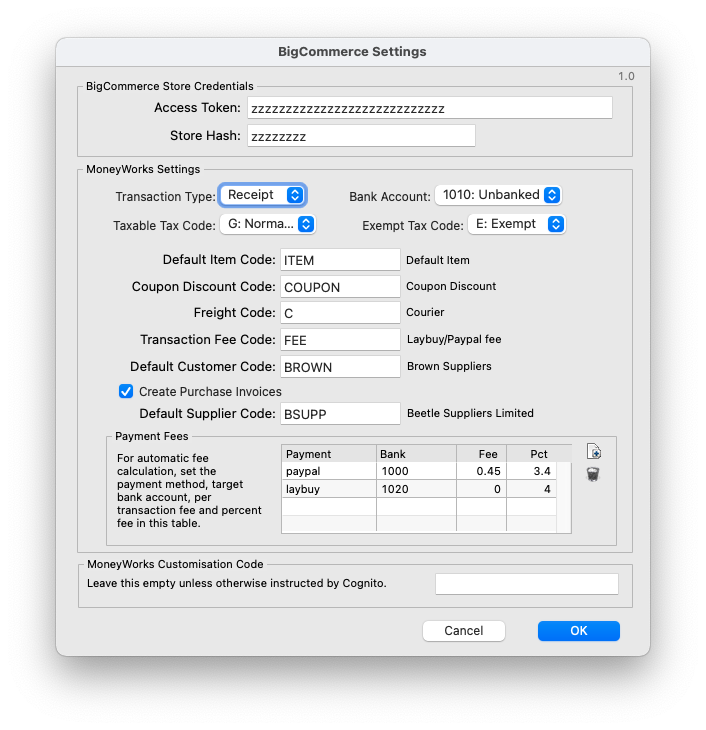Because MoneyWorks Datacentre runs as an unattended server, critical error conditions need to be brought to the attention of the server’s administrator. This is done by emailing the administrator. You do not need to configure outgoing email; the email will be sent from a service at moneyworks.net.nz.
Why am I getting the alerts? or How do I get alerts?
You will receive the alerts if your email address is the registered administrative email specified in the MoneyWorks Datacentre Console app on your server (Datacentre v9.1.1 and later). Your server will also need to be able to make outgoing HTTPS connections to our server at cognito.co.nz.
You can enable or disable alerts using the Send critical server alerts checkbox.

You should fix the cause of the alerts rather than turning off alerts.
A critical error (such as a failure to save a backup) will result in an immediate alert.
Disk space warnings are sent nightly.
What should I do about a backup error alert?
The server may alert you when a backup fails for any reason, but it will also alert you to potential future failure if the backup volume is running low on space. You can specify the minimum free space threshold for alerts in the Advanced tab of the MoneyWorks Datacentre Console.

What should I do about a data volume or boot volume free space alert?
Make sure your server has sufficient free space at all times. As users add data (and possibly upload images) to your server, free space will be consumed. As new periods are opened, monthly archive copies of the latest backup will be copied to the Archives folder. Running out of space on the data volume or boot volume can result in data loss. Do not let it happen.
The default threshold for an alert is 3000MB. If your storage volumes have less than that, you will get alerts every night. You can change the alert threshold to a lower number to stop the alerts until the new threshold is reached.
Note — False alarms on newer macOS versions — backup locations outside of the MoneyWorks home directory were giving false alarms (claiming that a valid backup storage location is not found) on some macOS versions. Please update to v9.1.2 for fix.
Quick troubleshooting tips
The server’s configured backup/archive location (X:\path) was not found
Make sure the path name is correct and exists. Make sure the drive has not been unmounted. On Windows, do not use a drive letter than is mapped from a network drive—use the proper UNC network path. Drive letter mappings of network shares are only visible to you; they don’t exist for a service.

